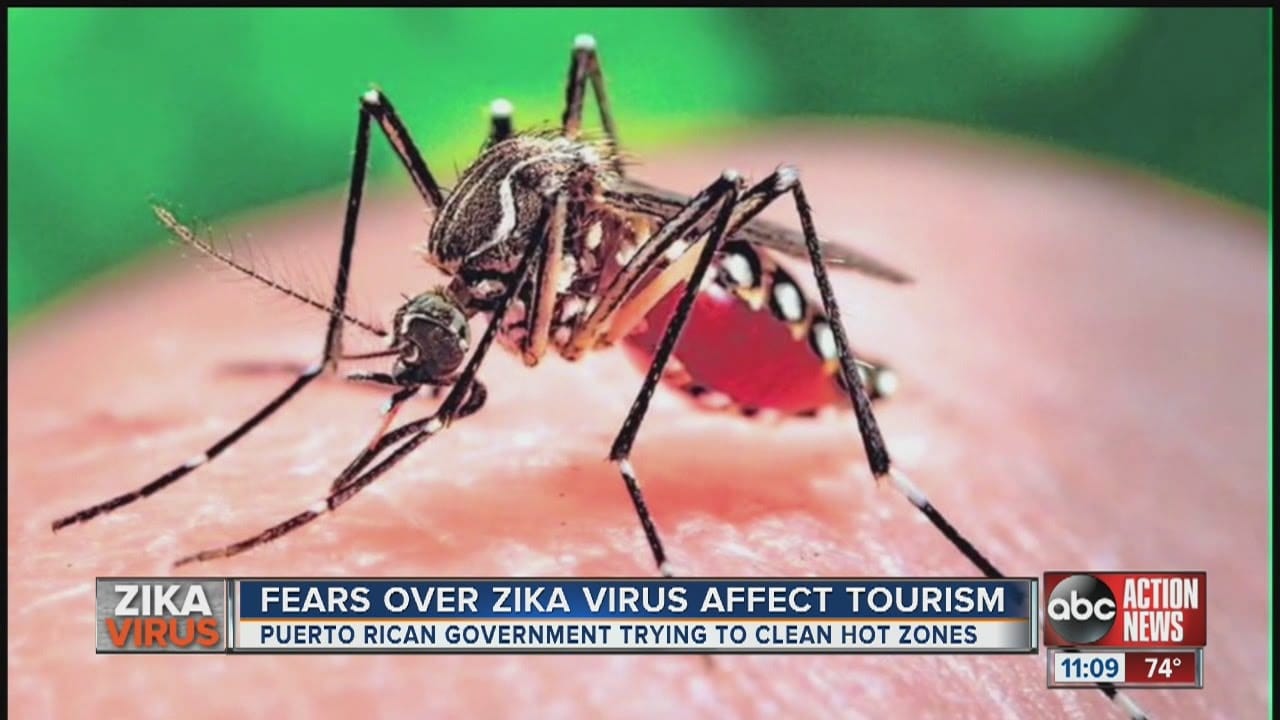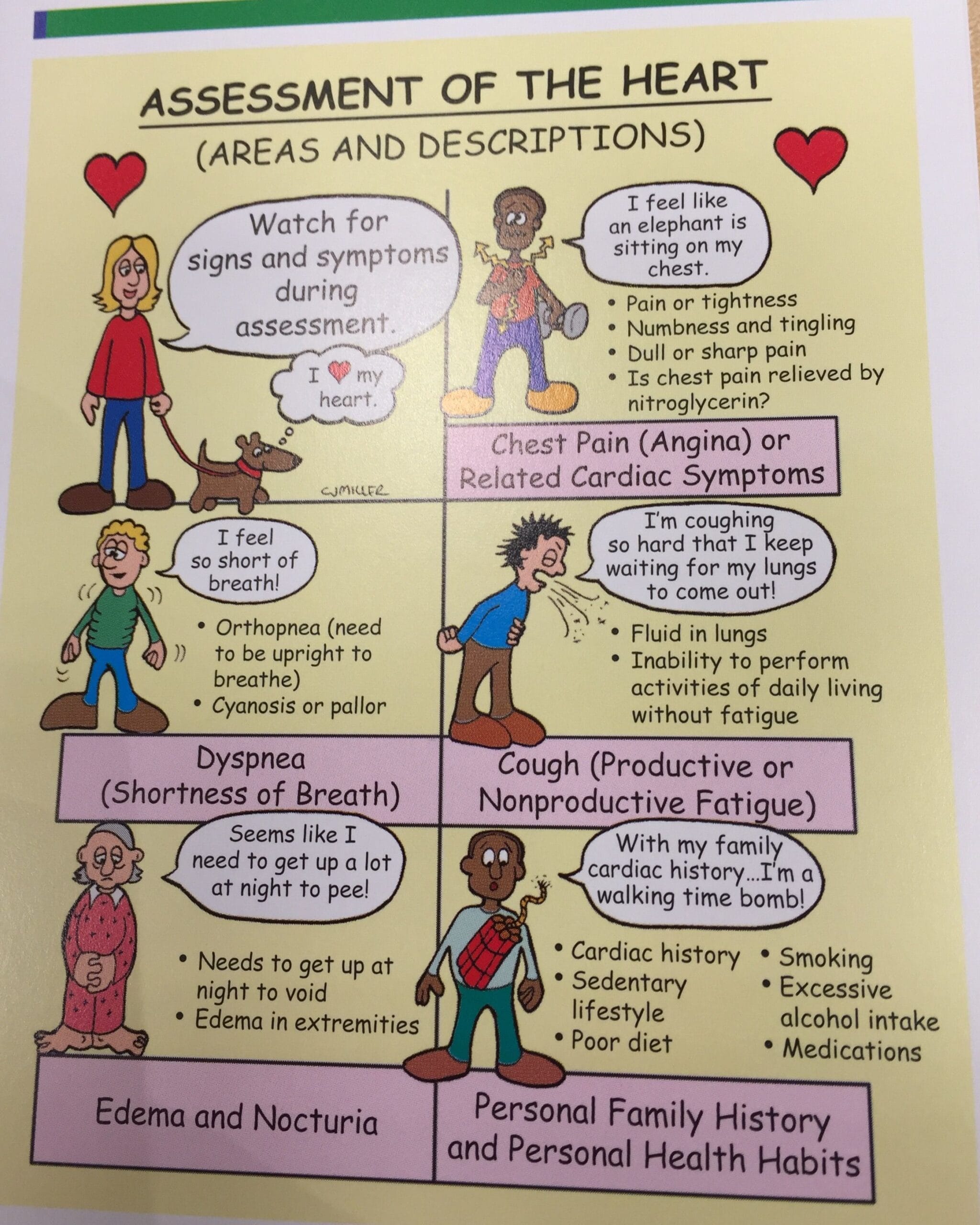New York state authorities have announced a weeklong closure of live bird markets across New York City, Long Island, and Westchester County due to the detection of avian influenza cases in poultry. Governor Kathy Hochul confirmed the decision, aiming to curb any further spread of the virus. The closure comes after the state’s agricultural inspectors identified seven cases during routine inspections of live bird markets located in Brooklyn, Queens, and the Bronx.
Avian influenza (H5N1), commonly referred to as bird flu, is a highly contagious viral disease affecting birds. Although the primary impact is on poultry and wild bird populations, certain strains have been known to occasionally infect humans through direct contact. Governor Hochul assured the public that there is currently no immediate threat to human health and stated that officials are closely monitoring the situation. The temporary shutdown began on February 7 and aims to halt virus transmission among animal populations and between facilities.
The infected poultry were part of operations that supply meat to local communities, particularly in traditional and immigrant neighborhoods where live bird markets remain an integral aspect of cultural practices. Following the detection of the virus, all infected flocks were “depopulated”—a term used to describe the humane euthanization of animals to prevent the disease’s spread.
The state’s Department of Agriculture and Markets emphasized that this move is consistent with federal guidelines used to mitigate avian influenza outbreaks. Markets have also been instructed to conduct thorough disinfection processes before reopening their doors. New York has roughly 80 live bird markets, many in dense urban areas, where the virus may transmit more easily.
Avian influenza cases have risen globally in recent years, contributing to devastating impacts on bird populations and market disruptions in numerous countries. Experts associate this trend with expanding wildlife-livestock intersections and the movement of migratory birds, which can act as carriers of the virus. New York is no stranger to measures like these, as similar shutdowns took place in previous bird flu outbreaks.
The decision has been met with a measure of unease from market vendors who rely on daily operations for their livelihood. Ahmed Khan, a poultry seller in Brooklyn, expressed concerns about the economic implications of the closure: “It’s challenging because we have fixed costs, and even a temporary shutdown impacts our bottom line.”
However, officials argue that the shutdown is imperative to controlling the risk of a broader outbreak while helping neighboring states maintain vigilance. Surrounding states such as New Jersey are taking precautionary steps, asking their markets for voluntary closures and disinfecting protocols.
The spread of avian influenza also presents risks beyond public health and economic disruption. Experts note that severe outbreaks in poultry stocks could influence food prices. The global ripple effects are already visible, as past H5N1 outbreaks caused significant spikes in egg and poultry costs.
While live bird market vendors prepare for stringent cleaning procedures, animal rights groups have advocated for long-term structural changes to the operations of such markets. The recent outbreak has reignited calls for tighter regulatory oversight and a reevaluation of practices posing public health risks.
Public health experts recommend avoiding direct contact with birds and visiting markets or farms under observation for avian flu. There is no evidence to suggest that properly cooked poultry poses any risk. The Centers for Disease Control and Prevention (CDC) has issued guidance on minimizing exposure to avian influenza and mitigating risks for human populations.
Governor Hochul and state officials stress that while the immediate measure targets virus containment, the state will continue to assess protocols to prevent similar incidents in the future.
The temporary shutdown will remain in effect through February 14, with a reevaluation based on the progress of disinfection and containing the virus. Markets will need to adhere to updated guidelines and inspections to resume operations.
With poultry representing a large part of many American diets, heightened sensitivity to avian flu outbreaks underscores the need for collaborative government, industry, and public initiatives. As these efforts unfold, the New York community braces itself for yet another challenge in its multifaceted relationship with health, economics, and cultural tradition.


